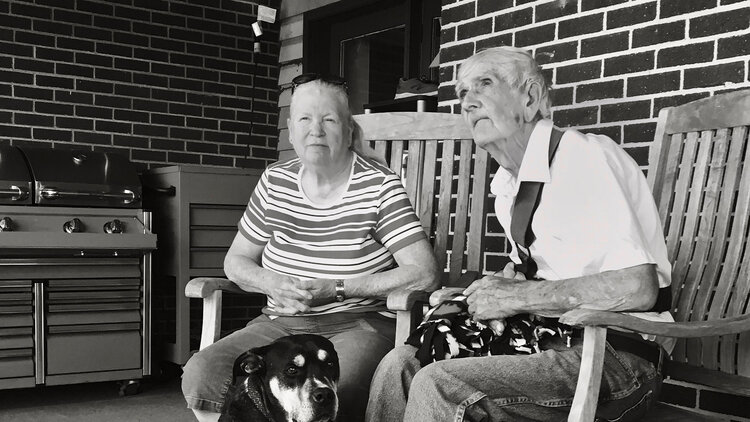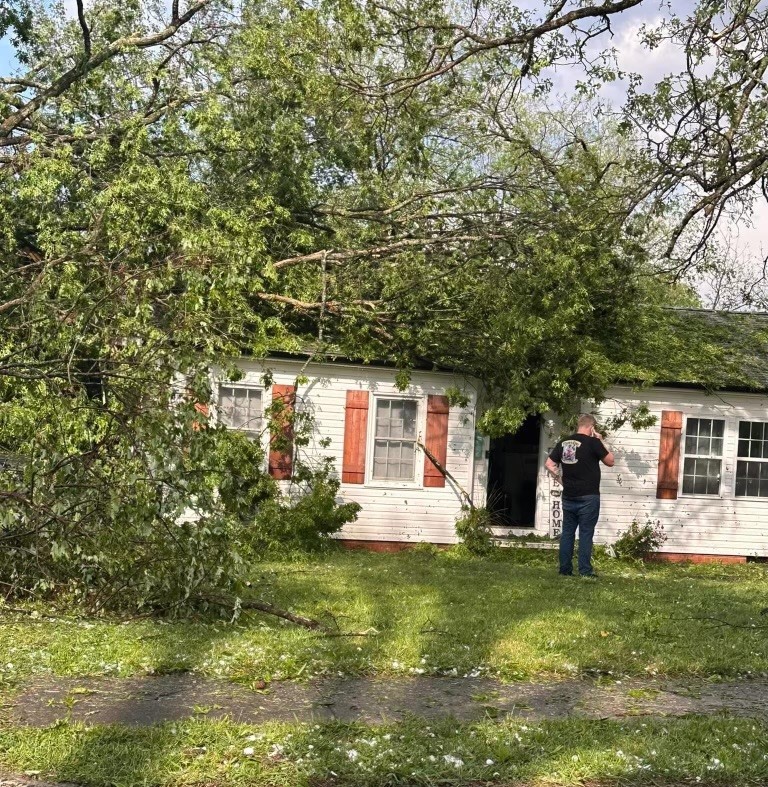Old-Age Thinking & Church Revitalization
I was recently in an older church, meaning it had passed its first centennial. I looked around and realized that there were a lot of old people present. Suddenly, I became aware that all these old people were my peers. I’m old too. I hear seniors (nice way of saying “old folks”) say that they are in the fourth quarter of life. That sounds pretty good until someone says, “You may be in overtime.”

We joke about being old. We give our senior groups names like Coasters, Keenagers, Hilltoppers, Seasoned Saints, Young at Heart, and in my church, West of 50. The list could go on. We love being together and trying to be younger with those our age.
Then reality sets in. I’m old, but I don’t feel old. Some people say I don’t look old, but my age tells me that I am almost a septuagenarian. Many people my age feel they have earned the right to say whatever they want to say, whenever they want to say it, and do whatever they want (and can afford) to do. The world owes them.
One of my greatest fears is the church will begin to feel this way. I have some experience dealing with churches in need of revitalization. Many churches are infested with “old-age-thinking.” This is expressed in several ways: 1. We are set in our ways, 2. We live in the past, 3. We refuse to change, 4. We have taken ownership of the church, 5. We resent the younger generation who wants to take over our church, and 6. We want to be needed and useful.
- We are set in our ways. When people have done the same thing the same way for forty or fifty years, the patterns are set, comfortable, and meaningful. We do not want to vary from what is familiar, habitual, and comfortable. Call us stubborn because we are.
- We live in the past. We loved the glory days. Just ask us and we will tell you how great they were, and we were. They probably were not as great as we remember them, but in our minds, they were the best. They were, after all, “the good old days.”
- We refuse to change. Change is hard; change is difficult. Our doctors want us to change; our children want us to change; our church wants us to change; our homeowner’s association wants us to change. Why? Because if change stops, we die. Life could be defined as a continual process of change.
- We have taken ownership of the church. If we could hear a fresh word from Jesus today, it may be, “Let me have my church back.” We need to remember that it is not our church. We didn’t die for it. We are an integral part of it, but we must allow the Head of the church to provide direction. But, in fairness to the seniors, we have given a lot of time, energy, and money to bring the church to where it is today, which entitles us to membership, not ownership.
- We resent the younger generation who wants to take over our church. Any church that needs revitalization will tell you what they need is young people, young couples, and children; then the church could grow again. That is probably true, but remember when we were young, we resented the “old people” who would not let us have a part in the church or decision-making. Beware lest we do the same. We old folks may be the reason we do not have younger people.
- We want to be needed and useful. It’s hard enough getting old, and worse when we feel useless. We want to feel valued by our church and know that we are still important to the Lord’s work. Some churches could use older people in a more beneficial way; however, it may be our faults as we may be waiting for them to come to us. Let’s volunteer where we see our strengths and gifts can help.
Being old is not a bad thing. We have wisdom because we have experience, but this is different from being privileged because we have experience. We should be mentoring the younger generation with the lessons we have learned. Therefore, we older folks need to do some serious evaluation of where we are, how we think, how we act, and most certainly how we react. There is an old song with a line that might help us figure it out, “Just a little talk with Jesus makes it right.”

The starting point is prayer. “Have the talk with Jesus” and listen very carefully to the response He gives. He will be clear and intentional. Those who have ears to hear, let them hear.
This article is created by the Church Strategies Group of the South Carolina Baptist Convention. For more information or to contact a team member, call (803)227-6020. Or you may email our group at jerrysosebee@scbaptist.org or jamesnugent@scbaptist.org.
Author: Jerry Sosebee




